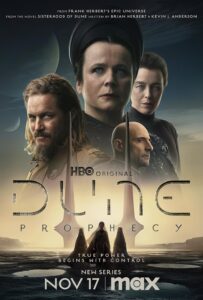.
So, in late June early July I began writing my American Folk/Cosmic horror novel. An experiment for not only was it a genre I had never attempted in long form before but I began the manuscript without an outline.
My goal was to have a completed first draft, but not an edited one, by the end of the year on December 31st, 2024. Today is that date and the manuscript is not finished.
It is close, it is amazingly close, but with mere hours until the close of the year and a full day at the day-job still to complete I have to face the fact that I missed the goal.
There were writing days between July and today when I did not write. This new process of flying without a map produced a few times when in the middle of the story I became more lost and disoriented that usual. The end of the year is also a time when the day job become quite busy and pushing myself into serious amounts of overtime, while profitable, instigated migraines and cost me writing time as well.
Still, I did quite well. When I say it is close to being completed, I am talking less than a few thousand words. A day or two of writing and it will have been landed. Granted because of the no outline process the edit and revision process will be far more extensive than for other manuscripts. Halfway through the story I realized I had a motivation issue with the protagonist. What I had given her was not enough to propel her through the entire story. A change to her profession fixed that trouble, adding additional reasons for her to continue in a dangerous environment but that means new scenes and more rewrite for what had already been crafted.
Still, I like what I have written. I like the concept, and I look forward to completing the manuscript.






